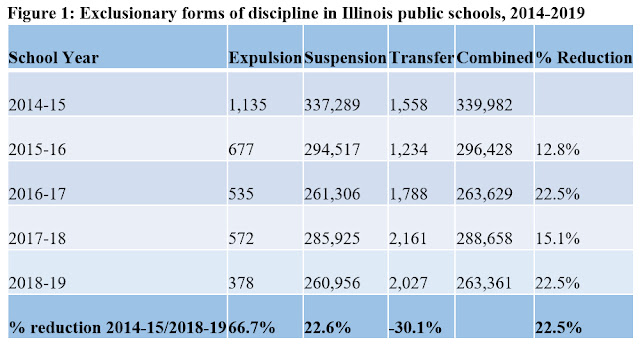News Literacy Resources for Distance Learning
by Mary Ellen Daneels, Civics Instructional Specialist The recent closure of Illinois schools in an effort to #flattenthecurve has required many schools to engage their students in meaningful learning experiences to further develop student knowledge and skills in a homebound environment. Many schools are leveraging technology to deliver instruction. With the increased use of technology comes the need to make sure students are wise consumers, engagers, and producers of information with their devices. Rumors are swirling in this current crisis. We can help our students navigate this “infodemic.” Here are some news literacy resources to start with. General News Literacy Resources The News Literacy Project provided open access to its Checkology subscription-based service to teachers and parents for the remainder of the school year. The package is twelve interactive lessons building on news literacy skills. “ Crash Course - Navigating Digital Information ” is a ten episode serie...



